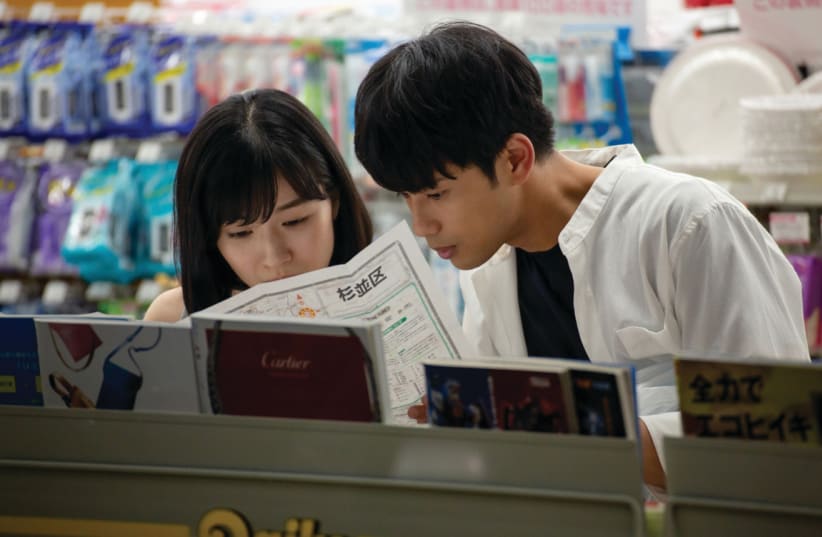The festival showcases the best of contemporary Japanese cinema, with films that have earned accolades at leading film fests. There are feature films, a documentary and a television series by an acclaimed director and by both established directors and new voices.
Seven of the nine films have English and Hebrew titles and two have only Hebrew, so check which are available before buying tickets. The program also includes several lectures about Japanese culture and cinema, in Hebrew.
The opening film will be After the Sunset by Michio Koshikawa. It is a family drama set on Nagashima Island, about a solitary woman who has moved there from Tokyo and a couple who are foster parents to a seven-year-old child. When the parents decide to adopt the boy, they make a surprising discovery regarding his biological parents, which changes the lives of all the characters.
Fabled director Koji Fukada (Harmonium) has moved into television to make the series, The Real Thing, which tells the story of a man who becomes involved in a dangerous relationship with a woman whose life he saves at a train station. The series will be shown in two programs featuring five episodes each.
Perhaps the most unusual film at the festival is the documentary, Mishima: The Last Debate, directed by Keisuke Toyoshima. It looks back on the controversial author Yukio Mishima, who was a seriously contender for the Nobel Prize and who committed suicide in 1970 after becoming immersed in nationalist politics. A gay man who hid his sexuality, he became more and more extreme politically.
The film looks the student riots in 1969, using recently discovered archive footage showing a debate between Mishima and a political opponent as the author addressed a group of students.
First Love, director Takashi Miike’s latest film, is set in the world of crime that he usually depicts. It’s about a boxer who comes to the aid of a young woman in the street and gets mixed up in a drug deal gone wrong.
Another of Japan’s leading directors, Kiyoshi Kurosawa, has just made To the Ends of the Earth, a road movie about an insecure young Japanese television host who dreams of being a singer and sets off on an unexpected journey while shooting a program in Uzbekistan. It is a quirky drama and a departure from the scary psychological thrillers for which the director is known.
Ainu Mosir is another film with an unusual setting. First-time director Takeshi Fukunaga developed this work at the Sam Spiegel International Film Lab in Jerusalem and it tells the story of the Ainu, an indigenous tribe in Japan that struggles to preserve its language, culture and customs. Following the recent loss of his father, 14-year-old Kanto, who is a member of the Ainu, has trouble feeling he is still a part of the community and embarks on a healing, spiritual journey. The film received a special jury mention at the Tribeca Film Festival last year.
The Horse Thieves: Roads of Time, co-directed by Japanese director Lisa Takeba and Yerlan Nurmukhambetov of Uzbekistan is set in Kazakhstan and tells the story of a family that raises horses, combining drama and action and featuring beautiful scenery.
Georama Boy, Panorama Girl by Natsuki Seta has been described as a thinking-person’s teen romance. Based on a manga from the 80s that has been updated, it tells the story of a high-school dropout who roams Tokyo on his skateboard looking for girls but when he finally meets one, things become more complicated than either of them imagined. This urban teen romance has been compared to the films of the master Wong Kar-wai, who made the classic, In the Mood for Love.
Over the Town by Rikiya Imaizumi is another coming-of-age drama set in the Tokyo’s hipster community.
